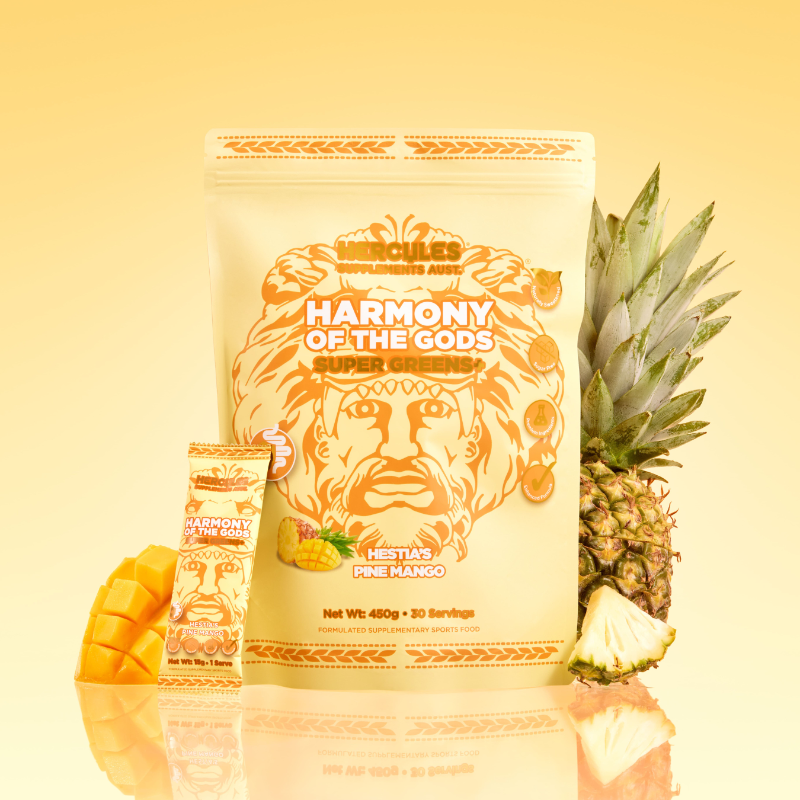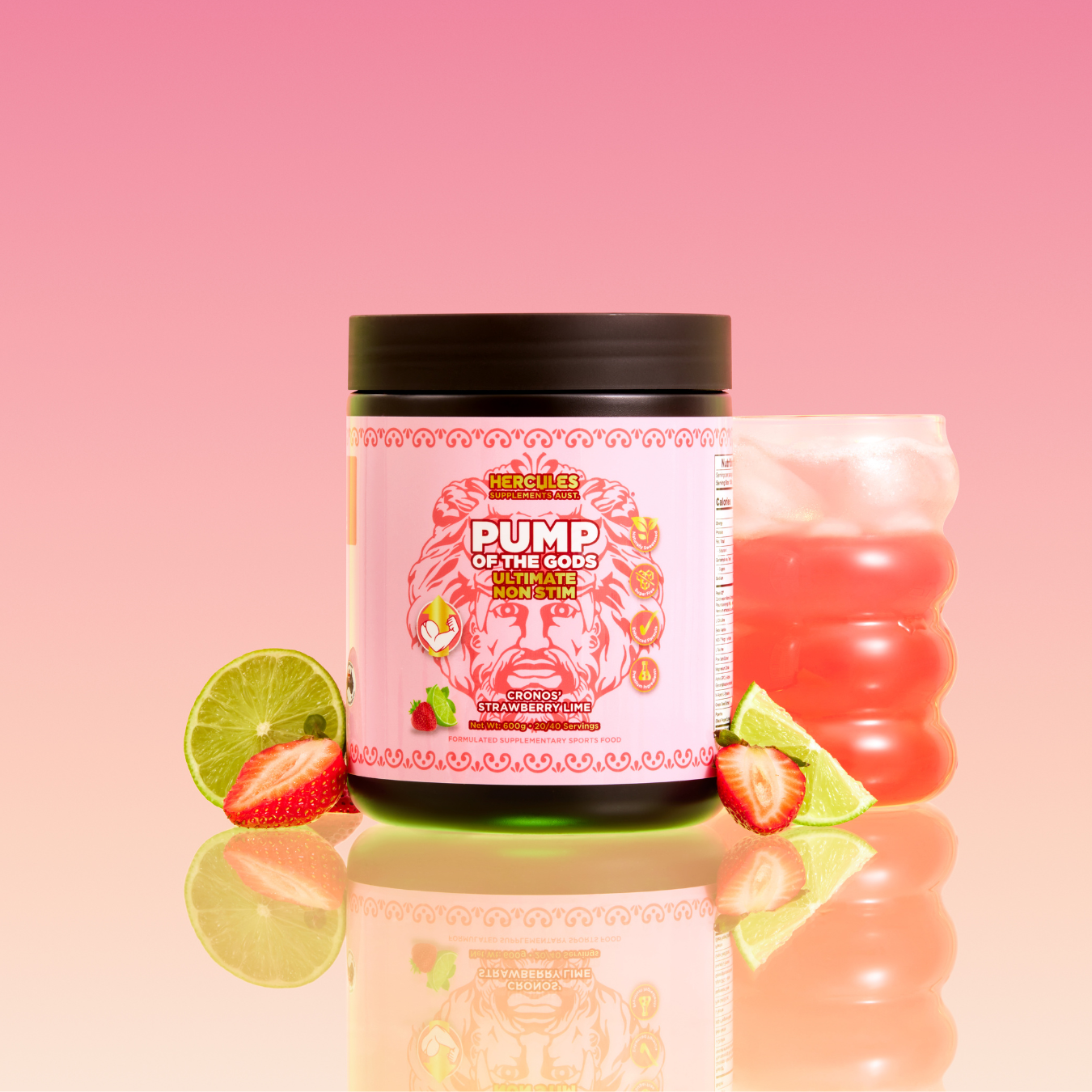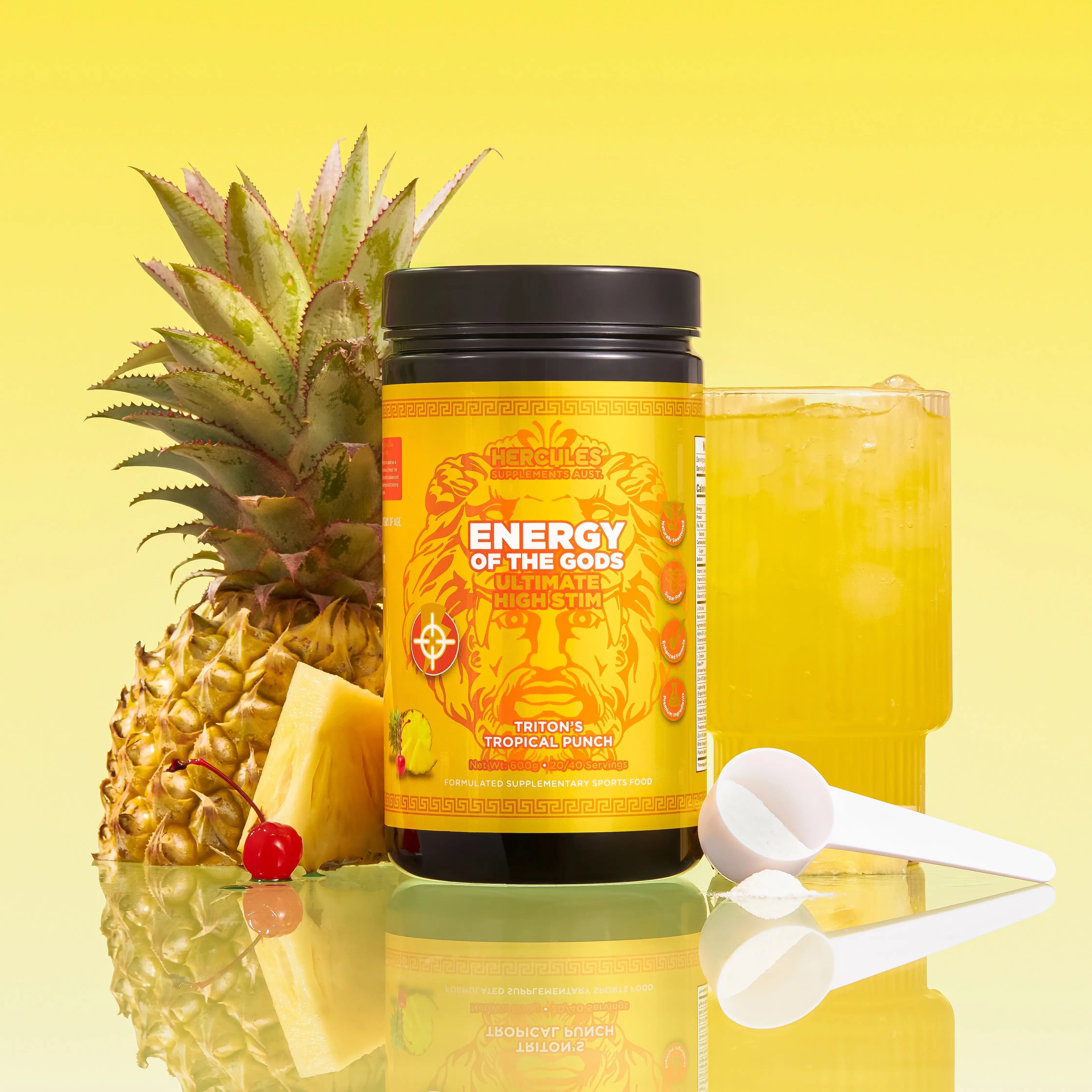What is Passionflower?
Passionflower (Passiflora incarnata) is a flowering plant native to North and South America, traditionally used in herbal and botanical practices. Recognised for its intricate, vibrant flowers, passionflower has a long history of use in teas, tinctures, and supplements. It contains various bioactive compounds, including flavonoids, alkaloids, and glycosides, which contribute to its traditional association with relaxation and nervous system support.
How Passionflower Works in the Body
Passionflower contains flavonoids such as apigenin, which are thought to interact with neurotransmitter systems in the brain, particularly the GABA (Gamma-Aminobutyric Acid) pathway. GABA is the brain’s primary inhibitory neurotransmitter, responsible for calming nerve activity. Because of this, passionflower is often included in herbal formulations aimed at supporting relaxation, mood balance, and sleep cycles. Additionally, its bioactive compounds are sometimes discussed in relation to nervous system function and cognitive well-being.
Where is Passionflower Found?
Passionflower grows naturally in tropical and subtropical regions, where its flowers, leaves, and stems are traditionally harvested for herbal use. It is available in capsules, liquid extracts, teas, and powdered supplements, commonly found in botanical blends designed for relaxation and nervous system support. Some formulations combine passionflower with chamomile, valerian root, or L-theanine, ingredients that are also linked to neural balance and stress management.
Potential Effects of Supplementation
Individuals who take passionflower supplements often use them as part of their wellness or relaxation routine. It is commonly included in herbal sleep aids and calming teas, as its interaction with the GABA system has been traditionally linked to a sense of ease and relaxation. However, individual experiences may vary based on dosage, formulation, and personal neurochemistry. Some people take passionflower as a standalone botanical, while others use it in conjunction with other adaptogens or nervine herbs.
Final Thoughts
Passionflower is a well-known botanical ingredient with a history of use in herbal relaxation and wellness traditions. Its flavonoids and bioactive compounds have made it a popular choice in calming formulations, though individual responses to supplementation may vary. As with any botanical extract, those considering its use should assess how it aligns with their personal health and lifestyle goals. Whether taken as a tea, tincture, or capsule, passionflower remains a widely recognised and historically valued plant extract


















